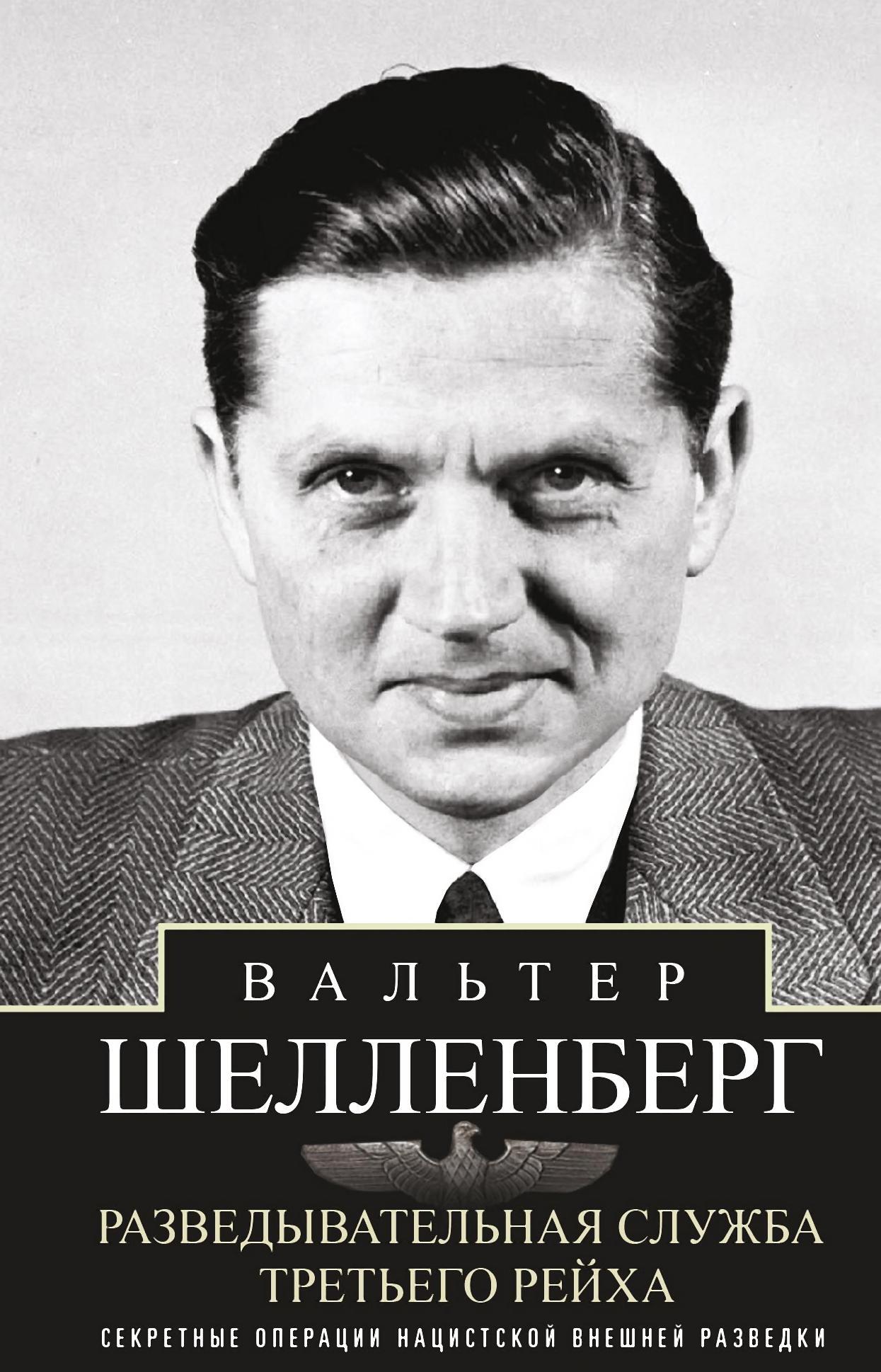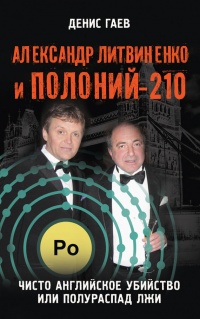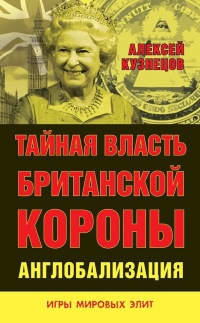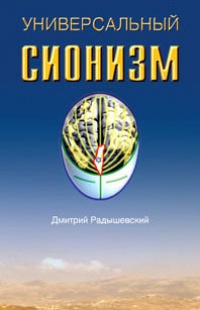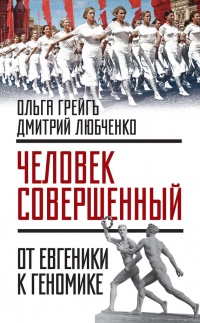Книга Английские корни Третьего Рейха. От британской к австро-баварской «расе господ» - Мануэль Саркисянц
На нашем литературном портале можно бесплатно читать книгу Английские корни Третьего Рейха. От британской к австро-баварской «расе господ» - Мануэль Саркисянц полная версия. Жанр: Книги / Политика. Онлайн библиотека дает возможность прочитать весь текст произведения на мобильном телефоне или десктопе даже без регистрации и СМС подтверждения на нашем сайте онлайн книг knizki.com.
Шрифт:
-
+
Интервал:
-
+
Закладка:
Сделать
Перейти на страницу:
Перейти на страницу:
Внимание!
Сайт сохраняет куки вашего браузера. Вы сможете в любой момент сделать закладку и продолжить прочтение книги «Английские корни Третьего Рейха. От британской к австро-баварской «расе господ» - Мануэль Саркисянц», после закрытия браузера.
Книги схожие с книгой «Английские корни Третьего Рейха. От британской к австро-баварской «расе господ» - Мануэль Саркисянц» от автора - Мануэль Саркисянц:
Комментарии и отзывы (0) к книге "Английские корни Третьего Рейха. От британской к австро-баварской «расе господ» - Мануэль Саркисянц"




















